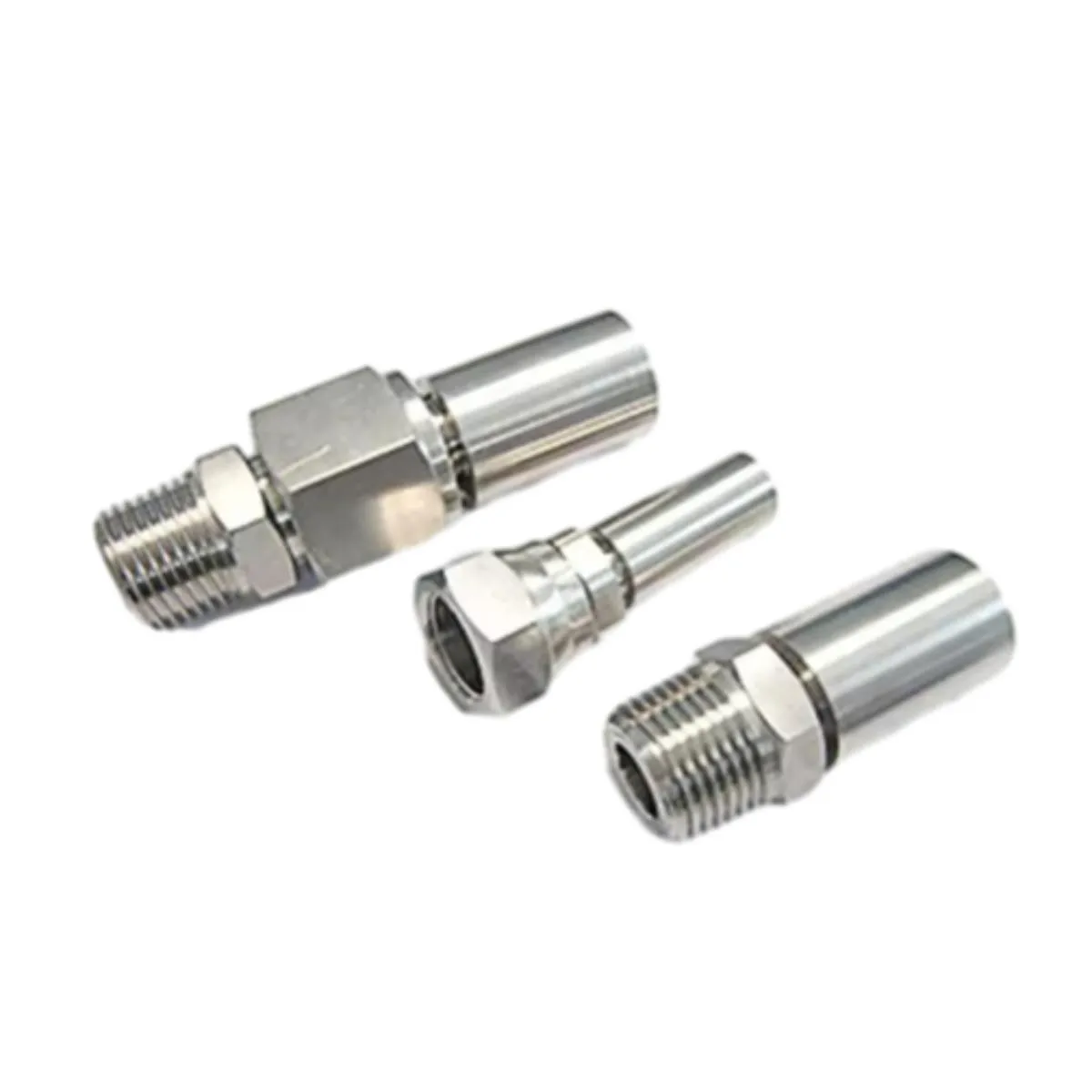Aug . 13, 2024 19:16 Back to list
Different Varieties of Roofing Nails and Their Applications in Construction Projects
Understanding the Different Types of Roofing Nails
When it comes to roofing, one of the most critical aspects that often goes unnoticed is the type of nails used in the installation process. Roofing nails serve as the backbone for securing shingles and other roofing materials, ensuring that the roof remains intact against harsh weather conditions. Choosing the right kind of roofing nails can significantly impact the longevity and effectiveness of the roofing system. In this article, we will explore the various types of roofing nails, their characteristics, and their applications.
1. Common Roofing Nails
Common roofing nails are perhaps the most widely used type of nails for roofing projects. They are typically made from steel and have a flat head, which helps in distributing the load over a larger area of the roofing material. These nails are often galvanized or coated to enhance their resistance to rust and corrosion, making them suitable for outdoor applications. Common roofing nails are available in different lengths, usually ranging from 1 to 2.5 inches, allowing for versatility in attachment based on the materials being used.
Coil roofing nails are designed for use with pneumatic nailers, making them an excellent choice for large-scale roofing projects where speed and efficiency are required. These nails are arranged in a coil, allowing for quick reloads and a continuous feed when installed. Coil nails often feature a distinct ring shank, which helps enhance grip and minimize the possibility of pull-through. They are commonly used with asphalt shingles, making installation faster and easier.
3. Stainless Steel Roofing Nails
types of roofing nails

For those who prioritize durability and corrosion resistance, stainless steel roofing nails are the go-to option. They are an excellent choice for coastal areas where saltwater can speed up corrosion on regular steel. Stainless steel nails come in various grades, with higher grades offering increased resistance to rust and staining. While they are generally more expensive than galvanized nails, their long-term cost-effectiveness makes them worth considering, especially for high-quality roofing systems.
4. Aluminum Roofing Nails
Aluminum roofing nails are lightweight and resistant to rust, making them ideal for specific roofing applications. They are often used for roofing materials that require a softer nail to avoid damage, such as certain types of metal roofing. The lightweight nature of aluminum also allows for easy handling and installation. However, aluminum nails should be used with caution when applying them in combination with other metals, as galvanic corrosion can occur if the two metals come into contact.
5. Plastic Cap Nails
Plastic cap nails are unique because they come with a plastic cap that provides an extra layer of protection for the roofing material. This type of nail is especially useful when applying underlayment or when using materials that are prone to tearing. The cap distributes the load over a larger area, improving the hold of the nail and preventing punctures in roofing membranes. They are particularly popular in projects involving synthetic roofing products.
Conclusion
In conclusion, the type of roofing nail you choose plays a pivotal role in the overall success and durability of any roofing project. Understanding the differences between common roofing nails, coil roofing nails, stainless steel roofing nails, aluminum roofing nails, and plastic cap nails can help you make informed decisions tailored to your specific needs. Whether you are a professional contractor or a DIY enthusiast, selecting the right type of nail will not only enhance the performance of your roofing system but also contribute to the safety and longevity of your home. Always consider factors such as material compatibility, environmental conditions, and installation methods when making your choice.
-
Weather Resistance Properties of Quality Roofing Nails
NewsAug.01,2025
-
How Galvanised Iron Mesh Resists Corrosion in Harsh Environments
NewsAug.01,2025
-
Creative Landscaping Uses for PVC Coated Wire Mesh Panels
NewsAug.01,2025
-
Common Wire Nail Dimensions and Their Specific Applications
NewsAug.01,2025
-
Choosing the Right Welded Wire Sheets for Agricultural Fencing
NewsAug.01,2025
-
Anti - Climbing Features of Razor Wire Barriers
NewsAug.01,2025









